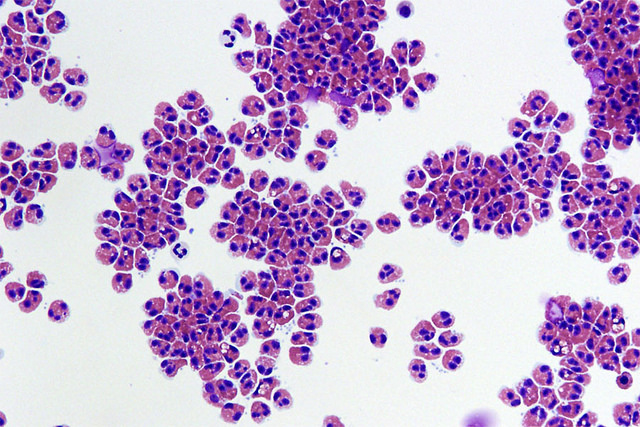Chronic heart failure (CHF) is a prevalent and costly disease. Because the incidence is higher among the elderly, the number of CHF patients is expected to rise as the population ages. Despite the development of significant pharmaceutical treatments, morbidity and mortality of CHF patients remain high, patients? quality of life is poor, and their health care utilization is heavy. Exercise training and biobehavioral interventions have been suggested as adjuvant therapy to drug protocols. Among biobehavioral interventions, the relaxation response has been found to be effective in managing CHF-related conditions such as hypertension and coronary artery disease.
Official Title
Conditions
– Heart Failure, Congestive
Study Type
Interventional
Study Design
Treatment, Randomized, Single Blind, Active Control, Parallel Assignment
Further Details
The relaxation response is a state in which individuals evoke a bodily calm that has the opposite effect of the fight-or-flight response, with concomitant favorable physiological changes that are likely to reduce symptoms and improve the quality of life of CHF patients. Hence, it may lead to lower health care utilization and reduce costs. The study?s objectives are: 1. To evaluate the effects of a 15-week relaxation response intervention program on improving functional capacity and health-related quality of life as compared with an on-going 15-week educational program for cardiac disease management, and a control group of usual cardiac care; 2. To identify the costs of conducting the relaxation response intervention and the program of cardiac care education, as well as the costs associated with utilization of cardiac care services for patients in each of the three study groups; and to compare cost among three study groups adjusting for patient characteristics. We propose to conduct a single-blind three-armed randomized trial to evaluate the efficacy and cost of the relaxation response in CHF patients at the VA. Two types of control groups will be used in this trial: an educational program and a usual care group. The trial will be conducted in 120 ambulatory CHF patients who receive health care at the Boston and West Roxbury VA medical centers. Patients will be randomly assigned, with equal numbers, to one of the three study groups. Outcomes include cardiac functional capacity and health-related quality of life to be reported by the patients. These measures will be administered to all 120 patients at baseline, at the end of the 15-week intervention, and at 6 and 12-month follow-up. We will collect information on costs associated with the intervention and control programs, estimate costs for health services utilization by patients, and conduct cost analyses.
Study Start
Eligibility & Criteria
Genders Eligible for Study: Both Criteria Ambulatory CHF patients who receive health care at the Boston and West Roxbury VA medical centers.
Total Enrolment
120
Contact Details
[1] Edith Nourse Rogers Memoral Veterans Hospital, Bedford, Massachusetts[2] Department of Veterans Affairs (US)[3] Department of Veterans Affairs Health Services Research and Development Service (US)All content and media on the HealthEngine Blog is created and published online for informational purposes only. It is not intended to be a substitute for professional medical advice and should not be relied on as health or personal advice. Always seek the guidance of your doctor or other qualified health professional with any questions you may have regarding your health or a medical condition. Never disregard the advice of a medical professional, or delay in seeking it because of something you have read on this Website. If you think you may have a medical emergency, call your doctor, go to the nearest hospital emergency department, or call the emergency services immediately.







